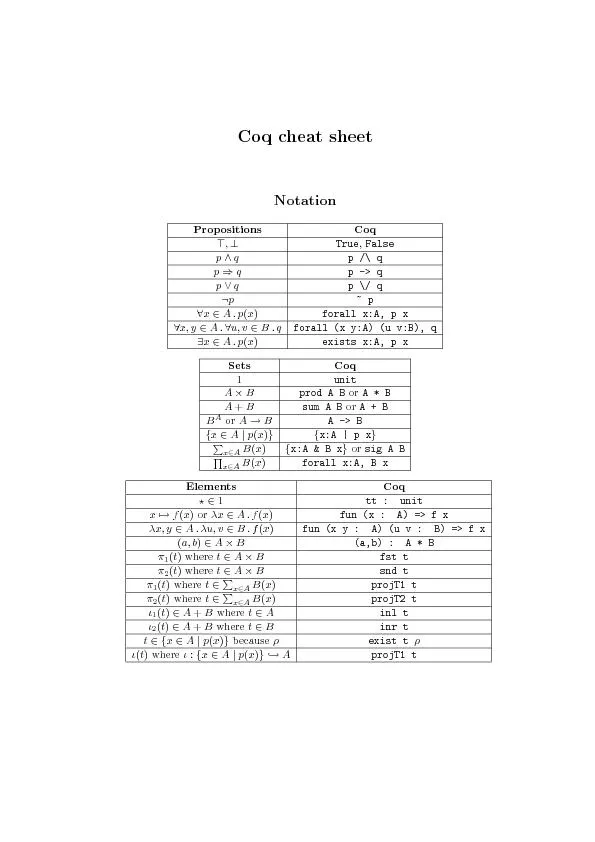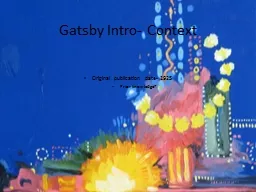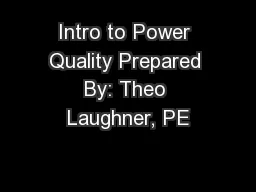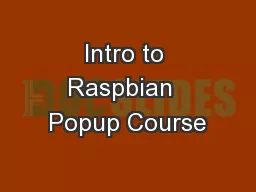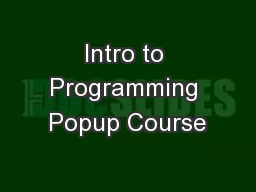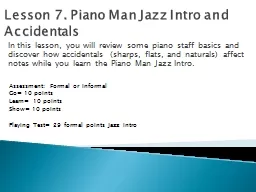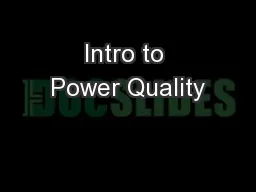PPT-Intro to Level 3 and 4 Sentence Analysis
Author : min-jolicoeur | Published Date : 2017-05-31
Level 1Identify parts of speech Level 2Identify parts of sentence Level 3Identify phrases Level 4Identify clauses Phrases A group of words without a subjectamppredicate
Presentation Embed Code
Download Presentation
Download Presentation The PPT/PDF document "Intro to Level 3 and 4 Sentence Analysis" is the property of its rightful owner. Permission is granted to download and print the materials on this website for personal, non-commercial use only, and to display it on your personal computer provided you do not modify the materials and that you retain all copyright notices contained in the materials. By downloading content from our website, you accept the terms of this agreement.
Intro to Level 3 and 4 Sentence Analysis: Transcript
Download Rules Of Document
"Intro to Level 3 and 4 Sentence Analysis"The content belongs to its owner. You may download and print it for personal use, without modification, and keep all copyright notices. By downloading, you agree to these terms.
Related Documents


